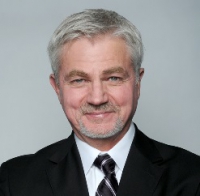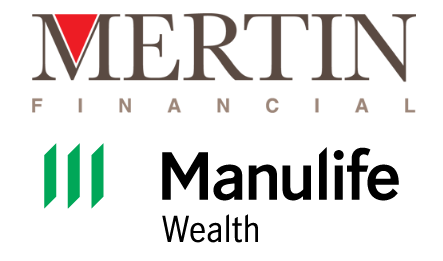Designating your charitable contributions
Article Licenses: CA, DL, unknown, unknown
Advisor Licenses:
Compliant content provided by Adviceon® Media for educational purposes only.
 A charitable contribution is a gift, and, like any gift, is an irrevocable transfer of a donor’s entire interest in the donated cash or property. Hence the donor’s entire interest in the donated property is transferred, and it is for the most part (except for “designated” uses) impossible for the donor to recover the donated property.
A charitable contribution is a gift, and, like any gift, is an irrevocable transfer of a donor’s entire interest in the donated cash or property. Hence the donor’s entire interest in the donated property is transferred, and it is for the most part (except for “designated” uses) impossible for the donor to recover the donated property.
Undesignated contributions Most charitable contributions are undesignated, meaning that the donor does not specify how the contribution is to be spent. An example would be a church member’s weekly contributions to a church’s general fund or a contribution to the United Way or World Vision. Undesignated contributions are unconditional gifts and there is absolutely no legal obligation to return undesignated contributions to a donor under any circumstances.
Designated contributions A donor can make a “designated” contribution to a charity, where the donor designates how the contribution is to be spent. Where such contributions are held in trust for a specific purpose, and insofar as the charity honors the designation, or plans to do so in the foreseeable future, it has no legal obligation to return a donor’s designated contribution.
Where designated contributions will not be used for the specified project, and donors can be identified, they should be asked if they want their contributions returned or retained by the charity and used for some other purpose. Ideally, donors should communicate their decision in writing to avoid any misunderstandings. Charities must provide donors with this option in order to avoid violating their legal duty to use “trust funds” only for the purposes specified.
A charity should send a letter to donors who request a refund of a prior designated contribution informing them that (1) there may be tax consequences, (2) they may want to consider filing an amended tax return to remove any claimed deduction, and (3) they should discuss the options with their tax advisor. Charities should consult with an tax attorney when deciding how to dispose of designated funds if the specified purpose has been abandoned or is no longer feasible.
The Advisor and Manulife Securities Incorporated, ("Manulife Securities") do not make
any representation that the information in any linked site is accurate and
will not accept any responsibility or liability for any inaccuracies in
the information not maintained by them, such as linked sites. Any opinion
or advice expressed in a linked site should not be construed as the opinion
or advice of the advisor or Manulife Securities. The information in this
communication is subject to change without notice.
This publication contains opinions of the writer and may not reflect opinions
of the Advisor and Manulife Securities Incorporated, the information contained
herein was obtained from sources believed to be reliable, no representation,
or warranty, express or implied, is made by the writer, Manulife Securities or
any other person as to its accuracy, completeness or correctness. This
publication is not an offer to sell or a solicitation of an offer to buy any
of the securities. The securities discussed in this publication may not be
eligible for sale in some jurisdictions. If you are not a Canadian resident,
this report should not have been delivered to you. This publication is not
meant to provide legal or account advice. As each situation is different you
should consult your own professional Advisors for advice based on your
specific circumstances.


 A charitable contribution is a gift, and, like any gift, is an irrevocable transfer of a donor’s entire interest in the donated cash or property. Hence the donor’s entire interest in the donated property is transferred, and it is for the most part (except for “designated” uses) impossible for the donor to recover the donated property.
A charitable contribution is a gift, and, like any gift, is an irrevocable transfer of a donor’s entire interest in the donated cash or property. Hence the donor’s entire interest in the donated property is transferred, and it is for the most part (except for “designated” uses) impossible for the donor to recover the donated property.

